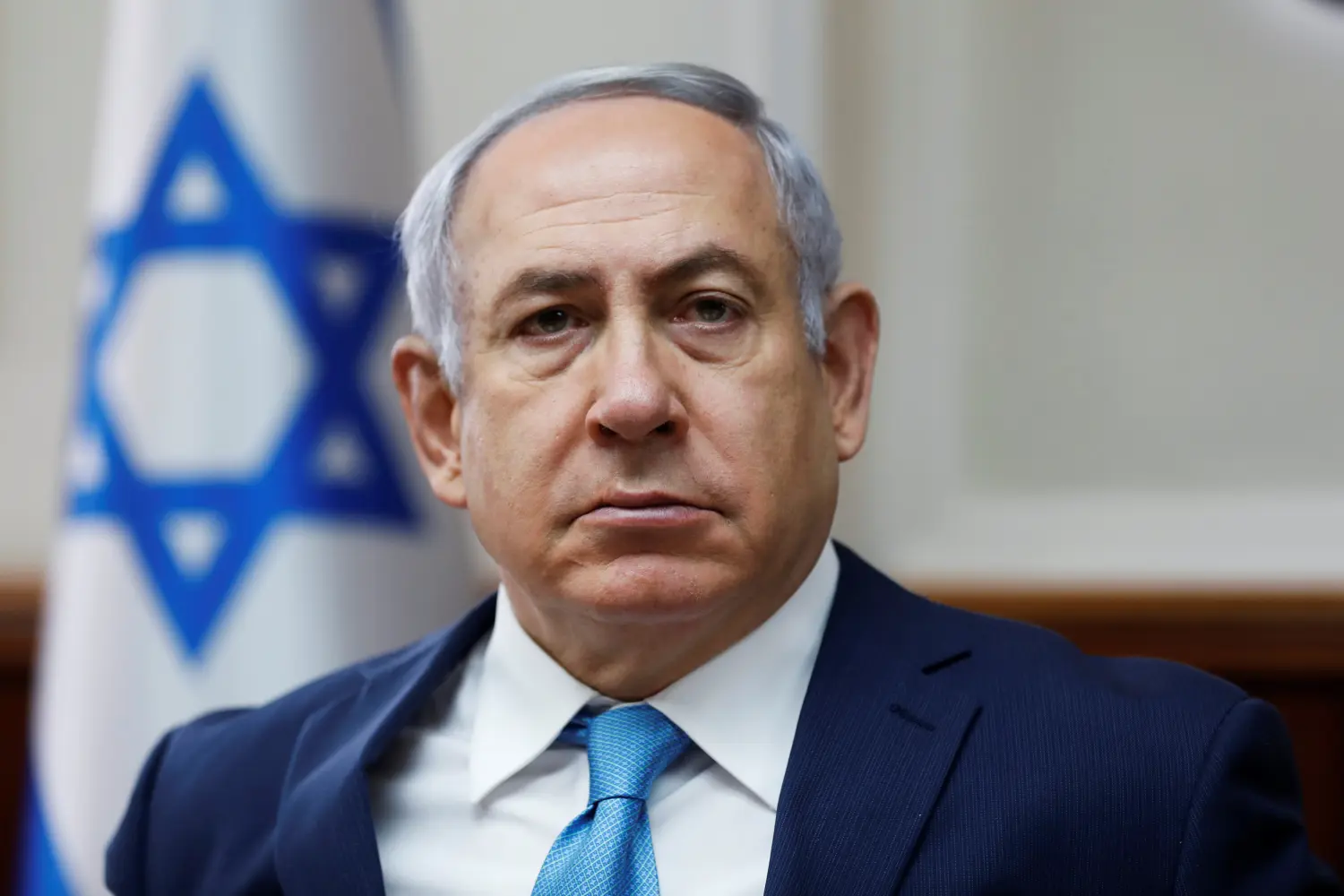Netanyahu’s Main Political Rival Calls For Early Elections in Israel
Amidst the dynamic political landscape of Israel, a new wave of anticipation ripples through the corridors of power. Netanyahu’s stronghold faces a formidable challenge as his main political rival sets…







